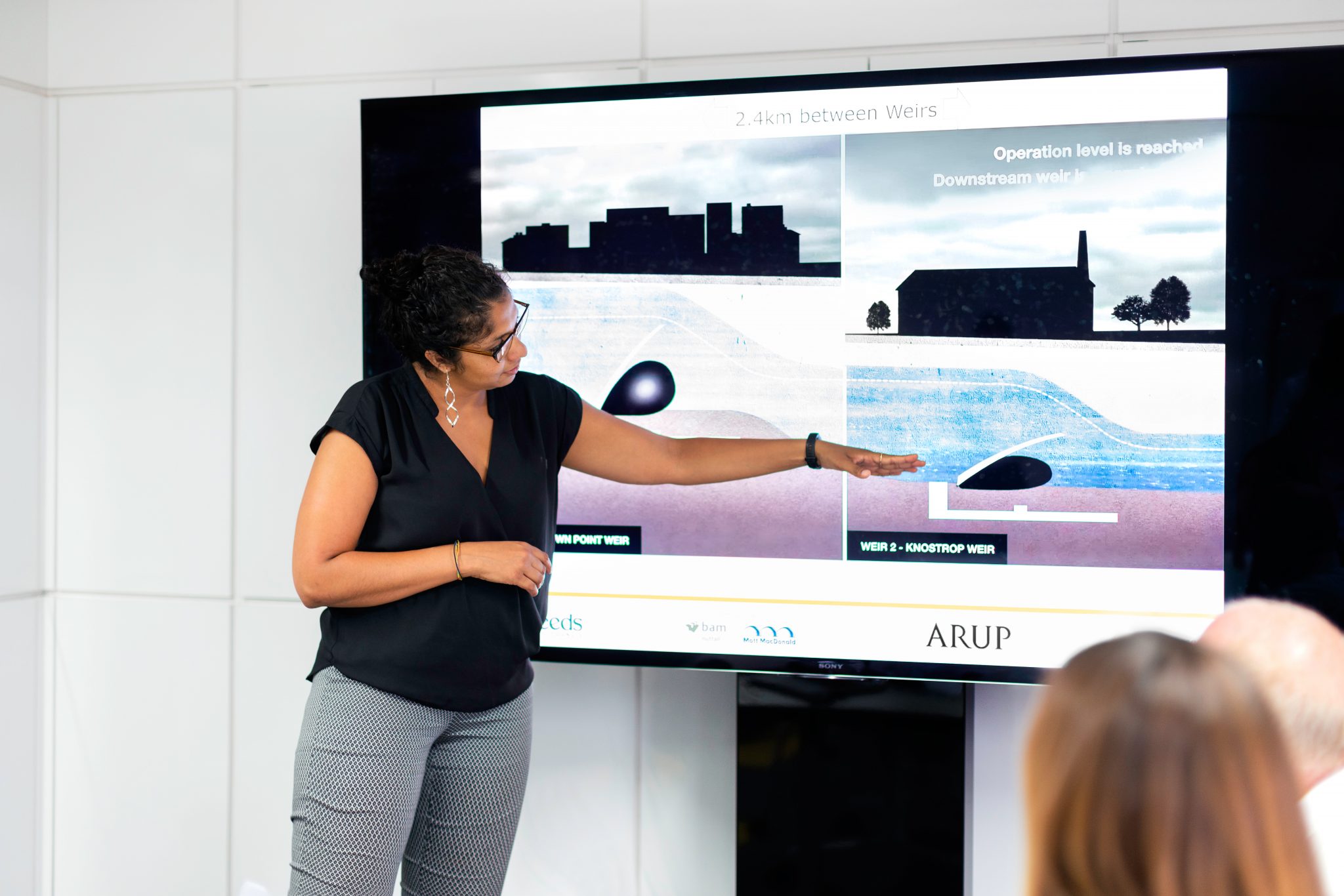
Articles
Editor’s Picks
Embodied Labs Debuts Immersive Dementia and Parkinson’s Disease VR Simulation
By Henry Kronk
June 04, 2019
The saying goes, ‘to truly know someone, walk a mile in his or her shoes.’ This outlook is behind the offerings from Embodied Labs, an immersive virtual reality (VR) development studio. The company creates simulated experiences of mental and physical conditions common among the elderly. Their latest offering, The Dima Lab, touches on topics of cultural and medical sensitivity. It replicates the experiences of Dima, a Lebanese-American women who has been diagnosed with Lewy body dementia (LBD) and Parkinson’s disease.
“We’re excited to debut our latest Lab focusing on Lewy body dementia, a neurodegenerative disorder that affects 1 million Americans as well as Parkinson’s disease where there are 60,000 new cases each year,” said Carrie Shaw, CEO and co-founder of Embodied Labs, in a statement. “Our mission is to contextualize health care diagnoses and care by transforming the training and education for both professional and family caregivers. Our Labs take learners from a passive to an active role where we literally put them into the shoes of the person with the disease. This holistic approach creates enhanced understanding, empathy and ultimately better quality of care.”
The Dima Lab, a Dementia and Parkinson’s Disease Simulation from Embodied Labs
LBD is the second most-common form of dementia and, according to the Mayo Clinic, affects both mental and physical performance. People diagnosed with the form of dementia may experience hallucinations and varying states of alertness. It also commonly produces effects of muscular stiffness and tremors. Parkinson’s disease produces many similar physical symptoms (tremors and stiffness), and often leads to cognitive degeneration, including dementia and memory loss.
Embodied Labs’ Dima Lab, therefore, simulates these conditions in three stages of the character Dima’s life.
According to a news release, these include, “her home environment living with her oldest son, her daughter-in-law and her two small grandchildren where she shows the first signs of the disorder; the second stage where she and her family meet with a neurologist to receive her LBD with PD diagnosis; and the third stage where the family makes a tough decision on having Dima move into an assisted living dementia care community to ensure her safety and constant care as her neurodegenerative disorder progresses.”
The simulation takes users through these experiences as if they themselves were living them. According to Embodied Labs, this approach uses what is known as a gerontological biopsychosocial framework.
The Embodied Labs training simulations require an Oculus Rift or HTC Vive headset along with hand controls to access. One also needs a VR-ready computer and a Leap Motion sensor.
Tapping VR for Social Emotional Learning
Users can then access their simulation labs via the company’s app and platform. Besides the newly released Dima Lab, their VR library also includes: the Clay Lab, which focuses on end-of-life conversations; The Beatriz Lab, “a journey through Alzheimer’s Disease”; and their original product, the Alfred Lab, which touches on advanced macular degeneration (which affects site) and high frequency hearing loss.
VR is increasingly applied to teach various forms of social emotional learning. Another company, Kinful, has developed dozens of VR experiences for K-12 learners that simply follow other students around the world. Others have developed the technology to teach students about the Holocaust. As Jeremy Bailenson, director of the Virtual Human Interaction Lab at Stanford University writes in his book Experience on Demand, “No medium, of course can fully capture the subjective experience of another person, but by richly evoking a real-seeming, first-person experience, virtual reality does seem to promise to offer new, empathy-enhancing qualities.”
Featured Image: Matthew Bennett, Unsplash.









No Comments